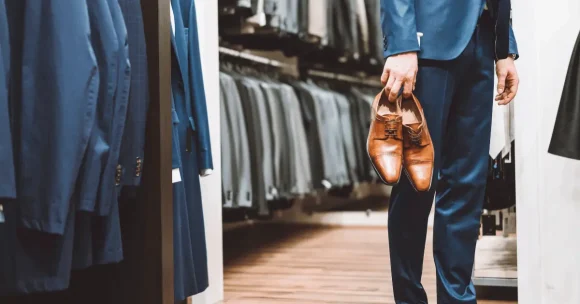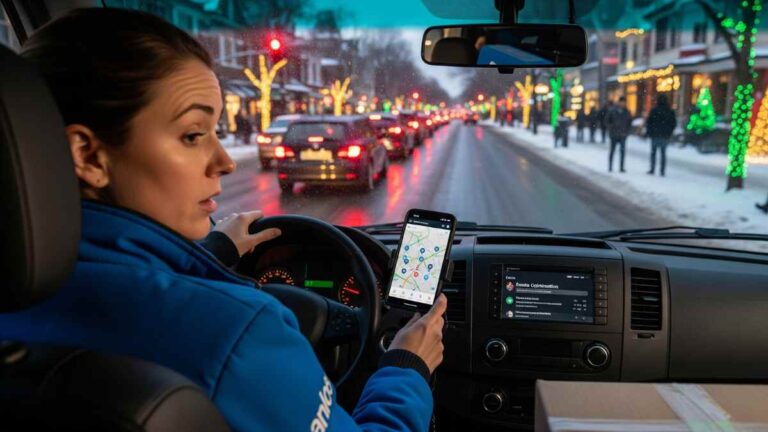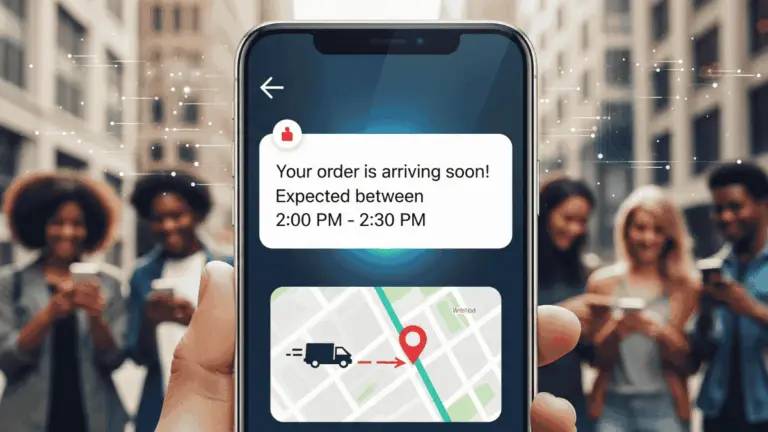Luxury brands are facing a fresh new challenge these days – how to blend digital and physical shopping experiences.
Several brands in Australia are mastering this integration seamlessly, and those who fully embrace unified commerce won’t only survive but thrive in the luxury market.
Luxury brands need unified commerce
Nick Gray, retail specialist and founder of I Got You Consultancy explained in an article published on Inside Retail how Australian luxury brands are turning to unified commerce to stay ahead of the competition.
Concept clarified: Unified commerce is a retail business strategy that integrates a company’s sales channels, data and system into a single platform. The goal is to create a seamless and personalized shopping experience.
Gray explains that the goal is not to “force a choice between online and in-store shopping experiences.
Instead, the focus should be on “[crafting] a seamless and integrated journey that fulfills the requirements of both.”
So, what does the Australian luxury consumer want?
Focusing on clients when embracing unified commerce
In short, luxury shoppers want digital convenience, but also the immersive experiences of a brick-and-mortar store.
Gray shared the following insights:
- 30% of luxury consumers start online.
- 30% research online but purchase in-store.
- 13% switch between online and in-store channels.
- Only 5% complete their purchases exclusively online.
- 21% of luxury purchases are made entirely in physical stores.
Gray says buying a luxury item “is not just about owning something beautiful.”
The appeal of luxury shopping goes deeper than just surface-level interactions. Gray explains: “It’s about affirming one’s identity and self-worth through a carefully curated experience.”
Thus, luxury retailers need to focus on trust, validation, and a personal connection with their shoppers.
Unified commerce strategies for luxury brands
The easiest way to tick those three boxes is to have sales associates who take on the role of trusted advisors offering personalized guidance to customers.
Embrace tech
These associates should be trained to use digital tools to nurture strong customer relationships across all channels.
How?
This could include immersive technologies like augmented reality to make a brick-and-mortar store truly come alive.
READ: Augmented Reality: A game-changer for retail
Psychological triggers
Sales associates can also leverage psychological triggers to tap into consumers’ desire for exclusivity and status.
How?
By introducing limited-edition collections and private virtual events.
Enhanced storytelling
Sales associates should focus on fostering deeper emotional connections with luxury shoppers.
How?
By sharing brand narratives across both digital and physical platforms in a way that makes customers feel valued and part of the journey.
Promo Fomo, a strategy focusing on the fear of missing out, might be an avenue to consider for this.
“By focusing on the psychological drivers of luxury — trust, validation, and personal connection — brands can create omnichannel journeys that truly resonate,” Gray concludes.
NOW READ: Staying ahead in the luxury retail game
About the author
Cheryl has contributed to various international publications, with a fervor for data and technology. She explores the intersection of emerging tech trends with logistics, focusing on how digital innovations are reshaping industries on a global scale. When she's not dissecting the latest developments in AI-driven innovation and digital solutions, Cheryl can be found gaming, kickboxing, or navigating the novel niches of consumer gadgetry.











